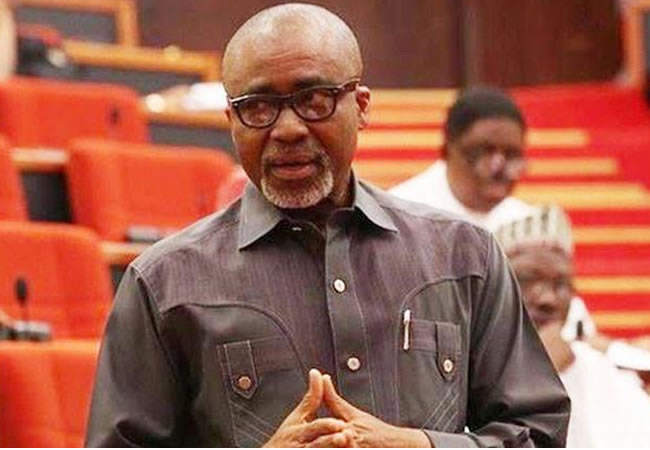Senator Abaribe: National Assembly Was Not Consulted on Tinubu’s Presidential Jet Purchase

By DAYO ADESULU
- Presidency Criticized Over Jet Purchase Amid Economic Hardship
- National Assembly Members Branded as ‘Rubber Stamps’
- Abaribe Denies Knowledge of Approval for New Presidential Jet
- Calls for Stronger Legislative Oversight on Executive Decisions
Presidential Jet Purchase Sparks Controversy
The lawmaker representing Abia South Senatorial District, Senator Enyinnaya Abaribe, has revealed that the National Assembly was not consulted or informed about the purchase of the new presidential jet. The controversy follows the unveiling of an Airbus A330 for President Bola Tinubu in August, a move that drew widespread criticism amid Nigeria’s economic challenges.
Public Criticism of the Presidency
The purchase has been criticized by Nigerians, who argue that the decision reflects misplaced priorities, with many citizens grappling with economic hardship. Presidential spokesperson Bayo Onanuga attempted to downplay the criticism, stating that the aircraft was a “refurbished jet” rather than a new purchase.
National Assembly Denies Involvement
Speaking on Politics Today on Channels Television, Senator Abaribe categorically denied that the National Assembly was approached for approval.
“I can tell you for a fact that nobody, quote me, nobody brought anything to the National Assembly to say please approve this for purchase of a new plane,” he stated.
Abaribe emphasized that the lack of communication undermines the National Assembly’s role as a check on executive power.
Accusations of Rubber-Stamping
Critics labeled National Assembly members as “rubber stamps,” suggesting they easily approve executive requests without adequate scrutiny. However, Abaribe expressed concern over the perception, explaining that legislators often attempt to cooperate with the executive but are still seen as ineffective in ensuring accountability.
Calls for Legislative Oversight
The senator stressed the need for greater transparency and stronger legislative oversight of executive decisions.
“The failure of the Presidency to approach the National Assembly means part of our job as legislators to act as checks and balances is not being efficiently carried out,” he said.
Conclusion
This revelation raises concerns about the relationship between Nigeria’s legislative and executive branches, calling into question the processes behind major governmental decisions.





